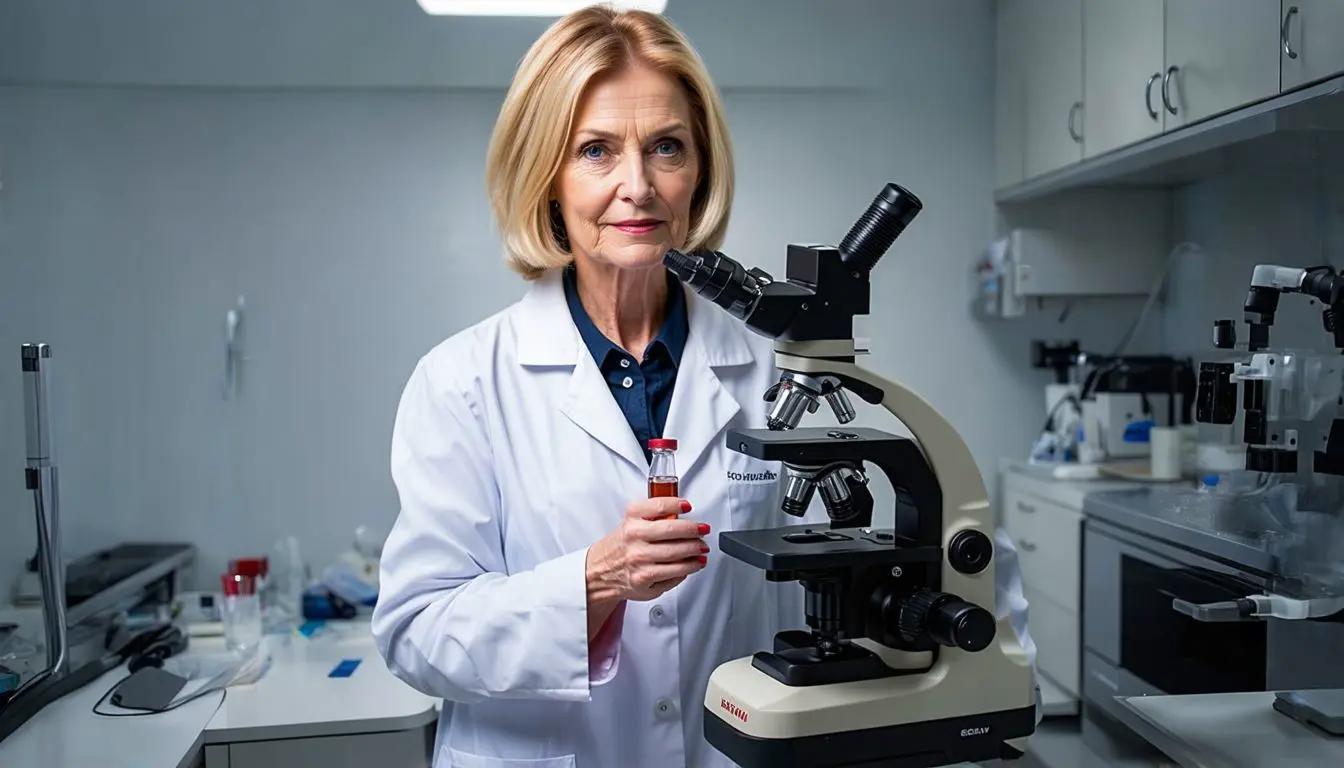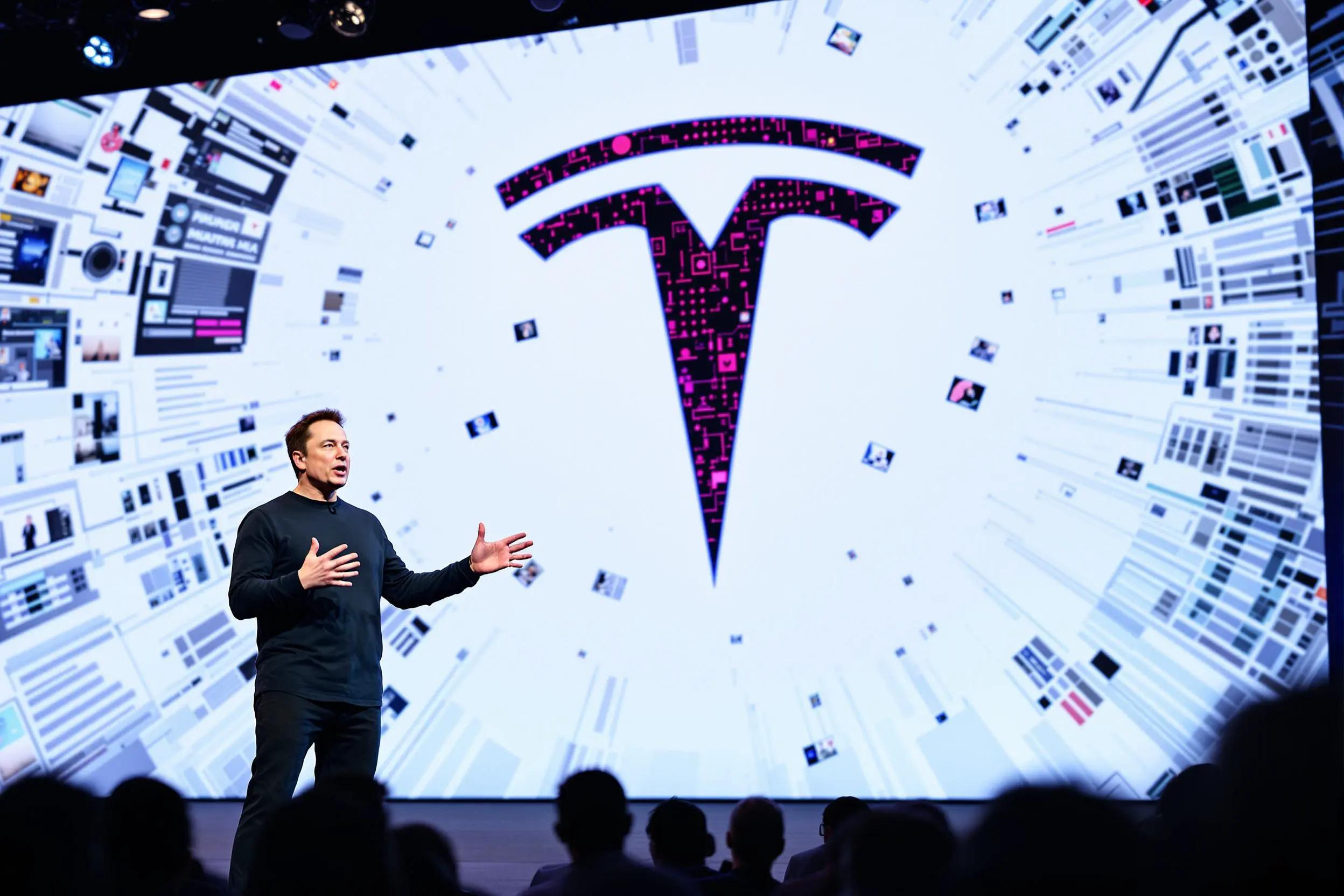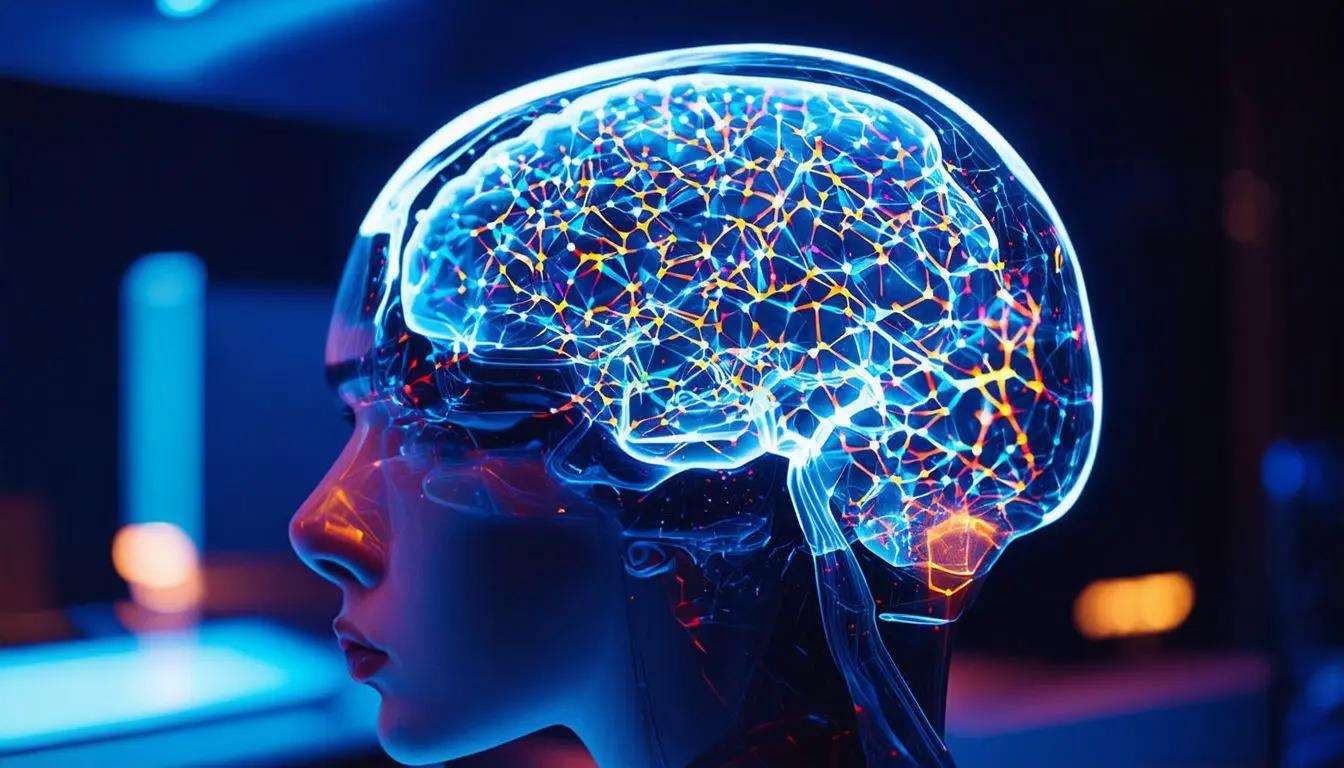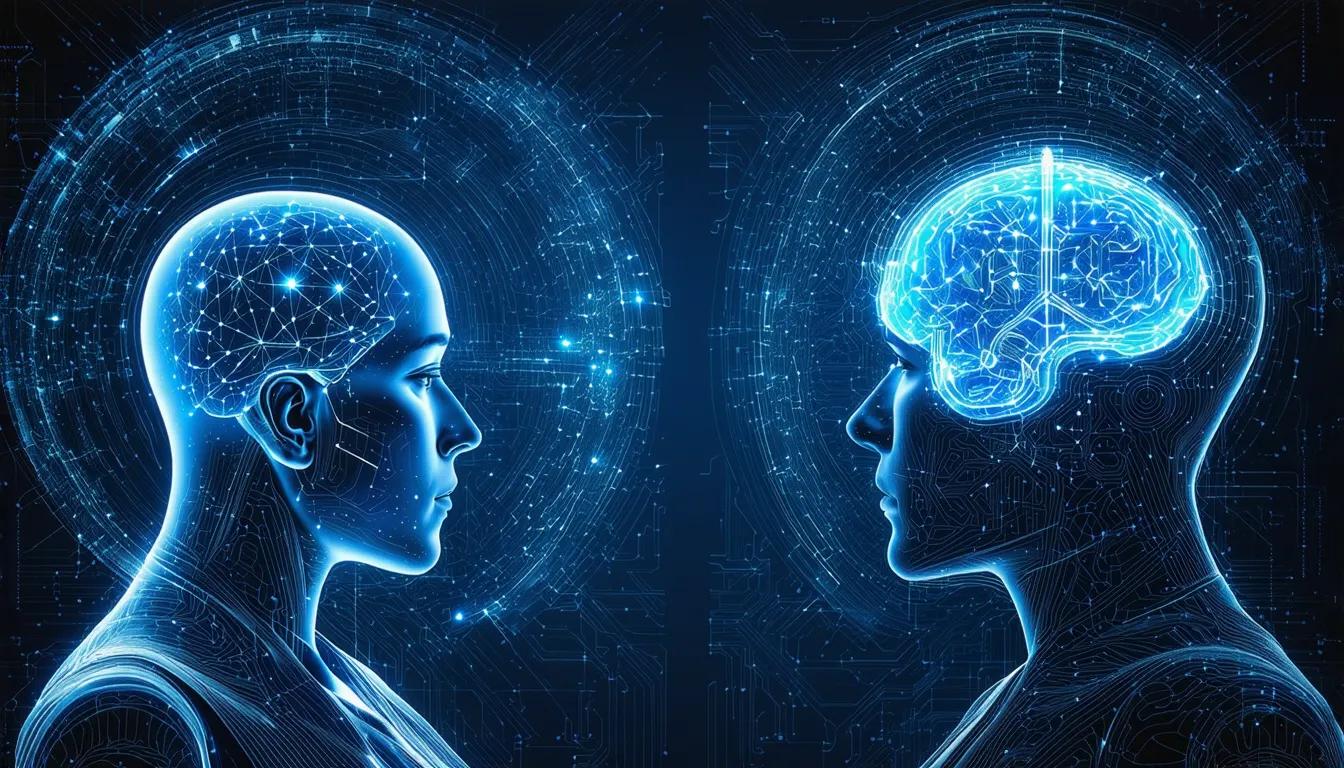June 24, 2024|8 min reading
Revolutionary AI Blood Test for Cancer Diagnosis

In recent advancements, the realm of cancer diagnosis is witnessing a monumental shift with the integration of artificial intelligence (AI) and blood testing. This groundbreaking technology promises to revolutionize early cancer detection, potentially saving millions of lives by providing accurate, non-invasive diagnosis from just a single drop of blood. Let's delve into this fascinating development and its implications for the future of medical diagnostics.
The Dawn of AI-Powered Blood Tests
Artificial intelligence has long been heralded as a transformative force across various sectors, and healthcare is no exception. Recently, scientists in China have made significant strides in developing an AI-based test capable of detecting cancer from a mere spot of dried blood. This innovation marks a significant departure from traditional methods, offering a less invasive, quicker, and more affordable approach to cancer diagnosis.
Learning from the Past: The Theranos Debacle
The promise of revolutionizing medical diagnostics with minimal blood samples isn't entirely new. Elizabeth Holmes and her company, Theranos, once captivated the world with a similar vision. Holmes's goal was to enable comprehensive disease diagnosis from just a pinprick of blood. However, the company's eventual downfall due to fraudulent claims underscored the complexities and challenges in achieving such a breakthrough.
The Complexity of Cancer
Cancer remains one of humanity's most formidable adversaries. Characterized by over 200 distinct diseases, each with unique behaviors and genetic markers, cancer's complexity has historically hindered the development of universally effective diagnostic tools. Despite technological advances, cancer rates continue to rise, with projections suggesting that by 2050, there could be 35 million new cases annually.
Early Detection: A Crucial Factor
Early detection is paramount in the battle against cancer. Diagnosing cancer at its nascent stages significantly enhances the chances of successful treatment and survival. However, many types of cancer, including pancreatic, gastric, and colorectal cancers, currently lack reliable, standalone blood tests for early diagnosis. This gap in diagnostic capabilities is where AI-powered blood tests can make a monumental difference.
The Role of Metabolites in Cancer Detection
Modern cancer research has increasingly focused on biomarkers—biological molecules that indicate the state of health within the body. Metabolites, the byproducts of metabolic processes, have emerged as promising biomarkers for cancer detection. Unlike proteins or microRNAs, metabolites remain stable even in dried blood samples, making them ideal for non-invasive testing.
The Mechanics of AI in Cancer Detection
The new AI-powered test utilizes mass spectrometry and machine learning to analyze metabolic changes in dried blood spots. By examining the composition of these metabolites, the AI system can identify patterns indicative of cancer with remarkable accuracy. This method leverages the AI's ability to detect subtle variations in metabolic data, often invisible to the human eye.
Advantages of Dried Blood Spot Testing
Dried blood spot testing offers several advantages over traditional blood tests. It is more stable across various temperatures, easier to transport, and less expensive. This makes it particularly beneficial for underserved populations and regions with limited access to advanced medical infrastructure. Additionally, the minimal blood volume required—just 0.05 mL—enhances its practicality and accessibility.
Overcoming Previous Limitations
Previous attempts to develop reliable blood tests for cancer were hampered by the instability of common cancer biomarkers during the drying process. The shift to focusing on metabolic biomarkers has resolved this issue, as metabolites maintain their integrity during transportation and temperature fluctuations, providing highly accurate diagnostics.
Bridging the Gap in Global Healthcare
One of the most significant challenges in global healthcare is the disparity in diagnostic capabilities between high-income and low-income regions. Currently, only a small fraction of global cancer spending reaches the countries with the highest cancer burden. By providing an affordable, accurate, and non-invasive diagnostic tool, AI-powered blood tests can help bridge this gap, ensuring early cancer detection is accessible to all.
The Road Ahead: Clinical Trials and Implementation
Despite the promising results, widespread implementation of AI-powered blood tests for cancer diagnosis will require extensive clinical trials and regulatory approvals. These trials are necessary to validate the accuracy and efficacy of the tests across diverse populations and cancer types. The road ahead involves significant investment and collaboration among researchers, healthcare providers, and policymakers.
The Ethical and Practical Implications
The integration of AI in medical diagnostics also raises important ethical and practical considerations. Ensuring patient privacy, data security, and equitable access to these advanced diagnostics are critical issues that need to be addressed. Additionally, healthcare systems must be equipped to interpret and act on the diagnostic information provided by AI systems.
Conclusion: A New Era in Cancer Detection
The advent of AI-powered blood tests heralds a new era in cancer detection. By enabling early, accurate, and non-invasive diagnosis, this technology has the potential to transform the landscape of cancer treatment and significantly improve patient outcomes. As we continue to navigate the complexities and challenges of cancer diagnosis, the promise of AI offers a beacon of hope for a future where early detection and timely treatment are within reach for everyone.
FAQs
What is the primary advantage of AI-powered blood tests for cancer diagnosis?
AI-powered blood tests offer early, accurate, and non-invasive diagnosis from a single drop of blood, making cancer detection more accessible and affordable.
How do metabolites help in detecting cancer?
Metabolites, byproducts of metabolic processes, serve as biomarkers that indicate the state of health within the body. Their stability in dried blood samples makes them ideal for non-invasive cancer testing.
Why is early cancer detection important?
Early detection significantly increases the chances of successful treatment and survival, making it crucial in the fight against cancer.
What challenges remain in implementing AI-powered blood tests globally?
Extensive clinical trials, regulatory approvals, and ensuring equitable access to advanced diagnostics are key challenges in the global implementation of AI-powered blood tests.
How does AI improve the accuracy of cancer diagnosis?
AI can detect subtle variations in metabolic data that are often invisible to the human eye, providing highly accurate cancer diagnostics.
What are the ethical considerations in using AI for medical diagnostics?
Ensuring patient privacy, data security, and equitable access to advanced diagnostics are critical ethical considerations in using AI for medical purposes.
Explore more

Elon Musk’s Vision: AI, Mars, and a Future of Abundance
Explore Elon Musk’s predictions on AI, Tesla’s Robotaxi plans, Starship’s Mars mission, and the role of robots in a futu...

Unlocking the Future: The Revolutionary Potential of Brain Image Reconstruction Technology
Discover how brain image reconstruction technology is pushing the boundaries of science and art by decoding thoughts int...

Can Artificial Intelligence Replace Human Intelligence?
Exploring the capabilities and limitations of AI in comparison to human intelligence.
